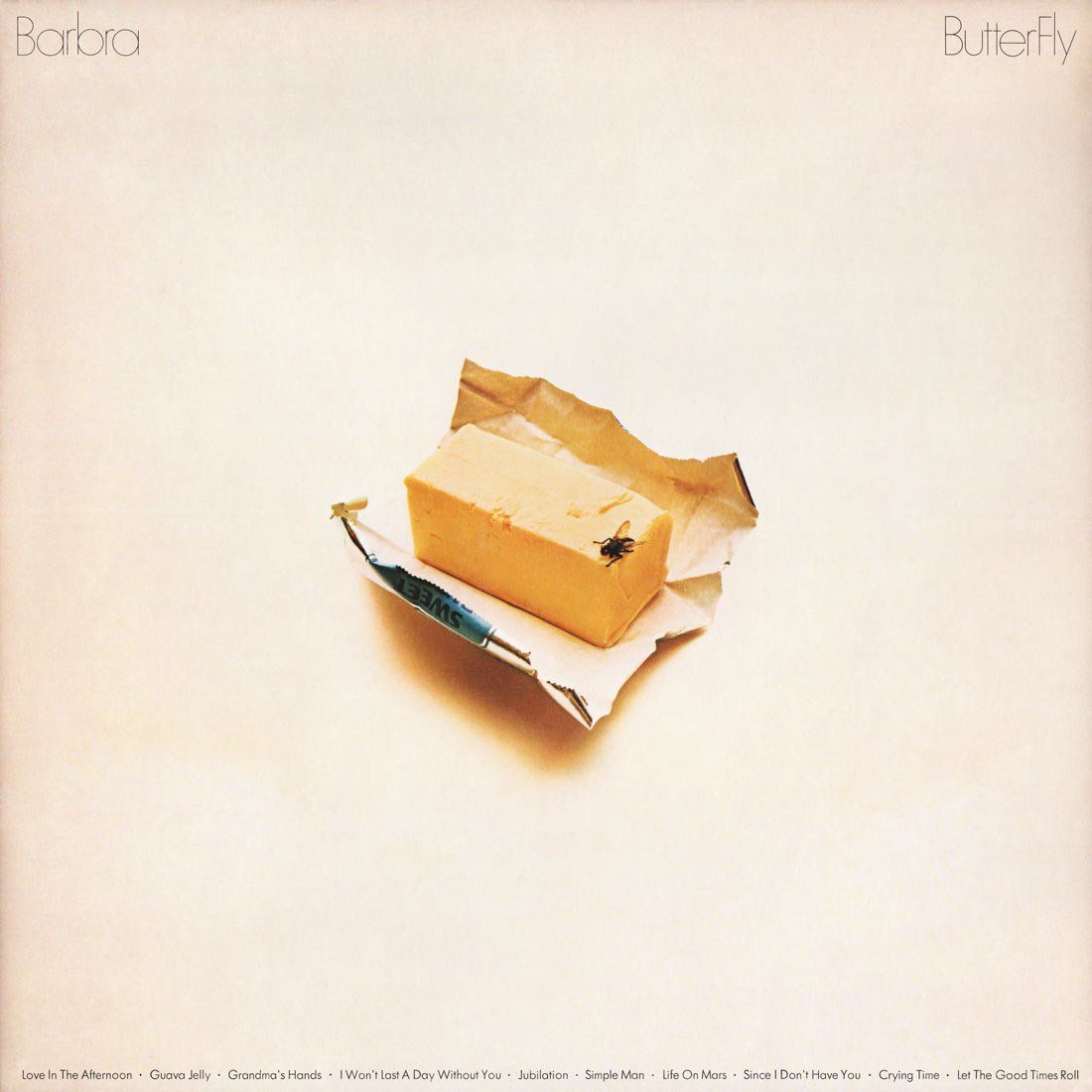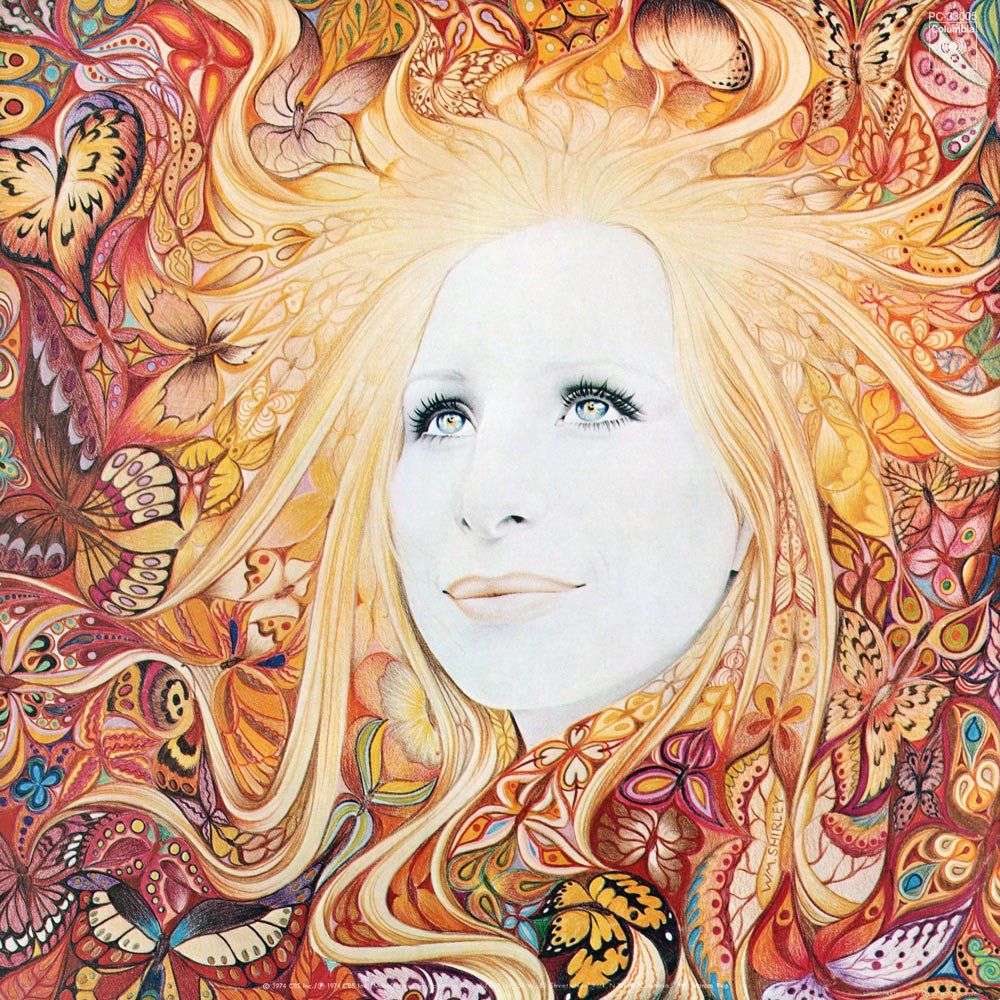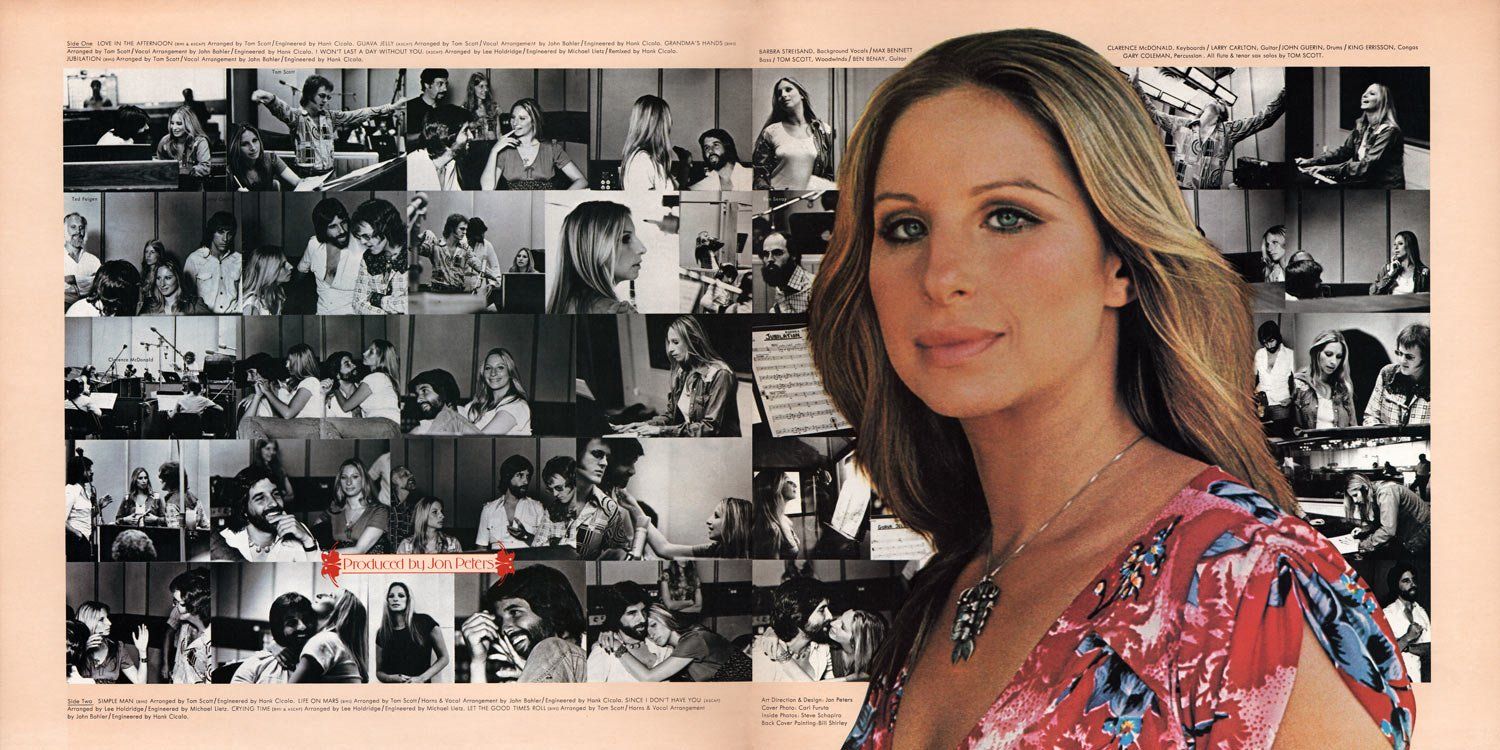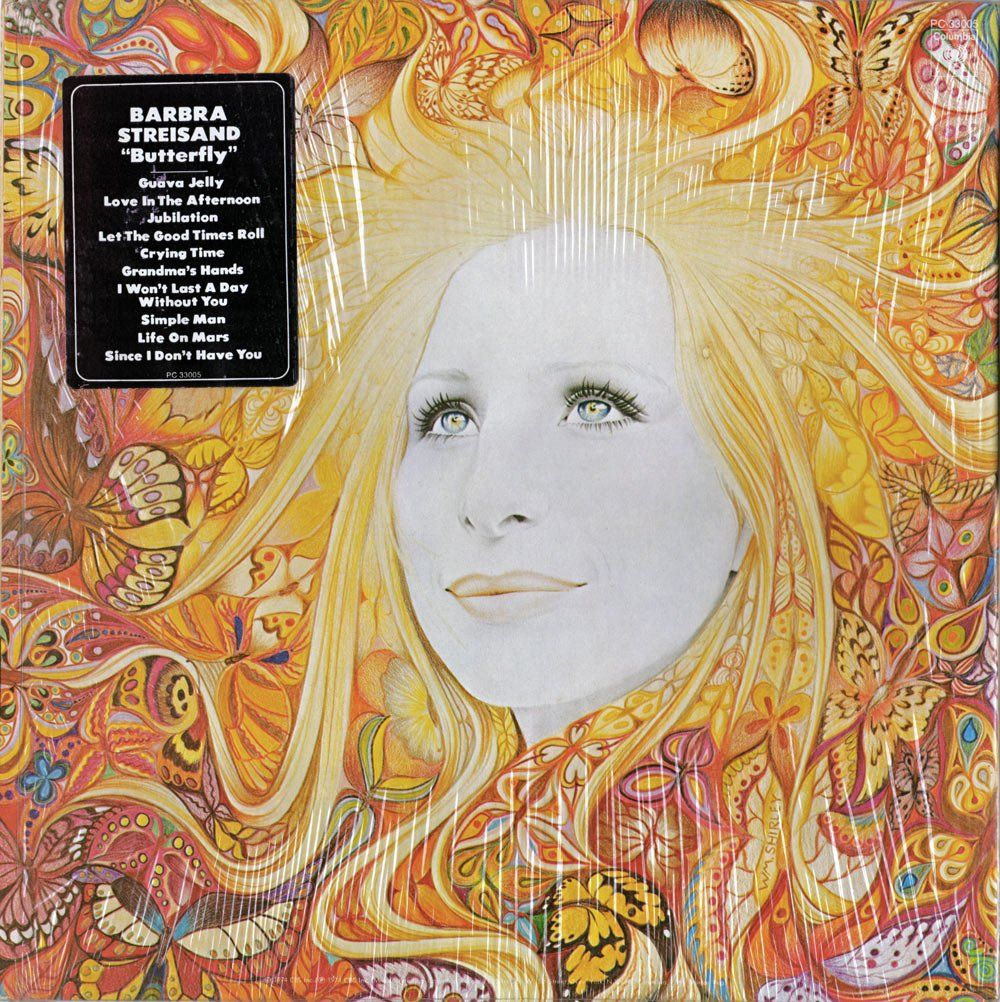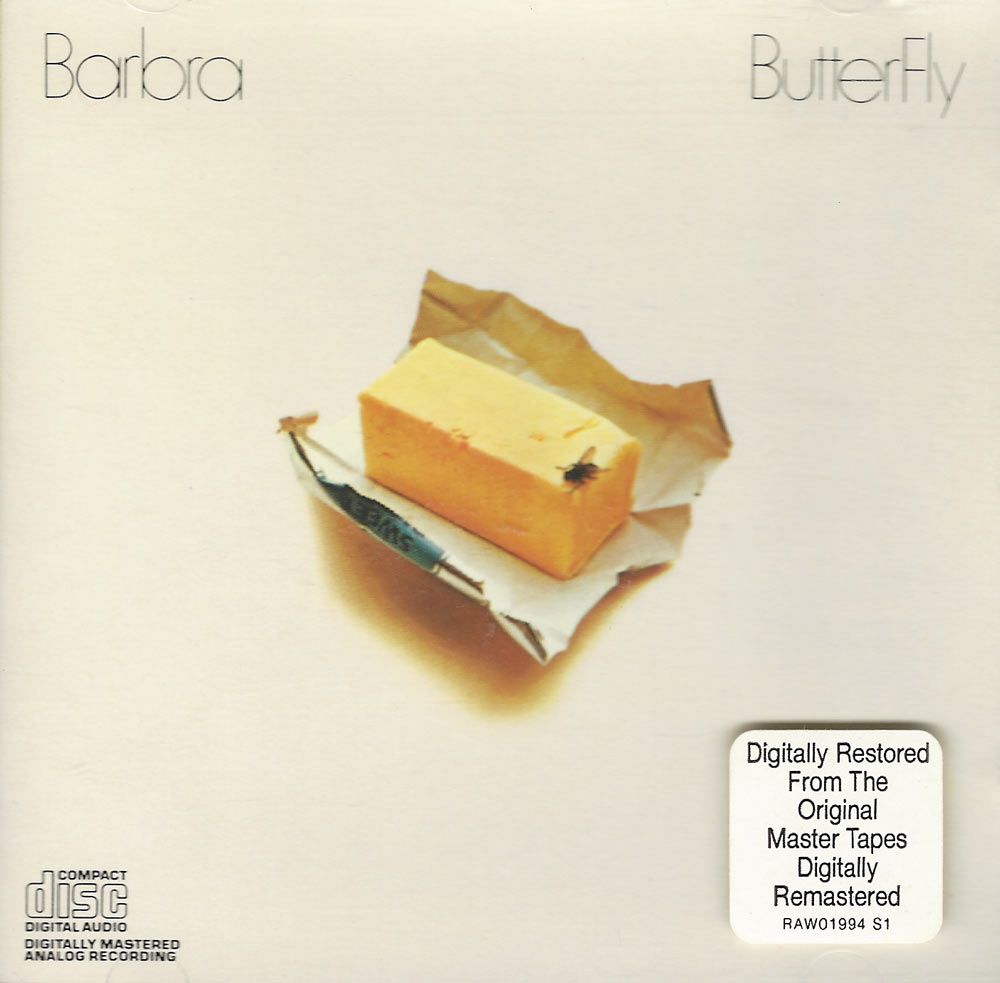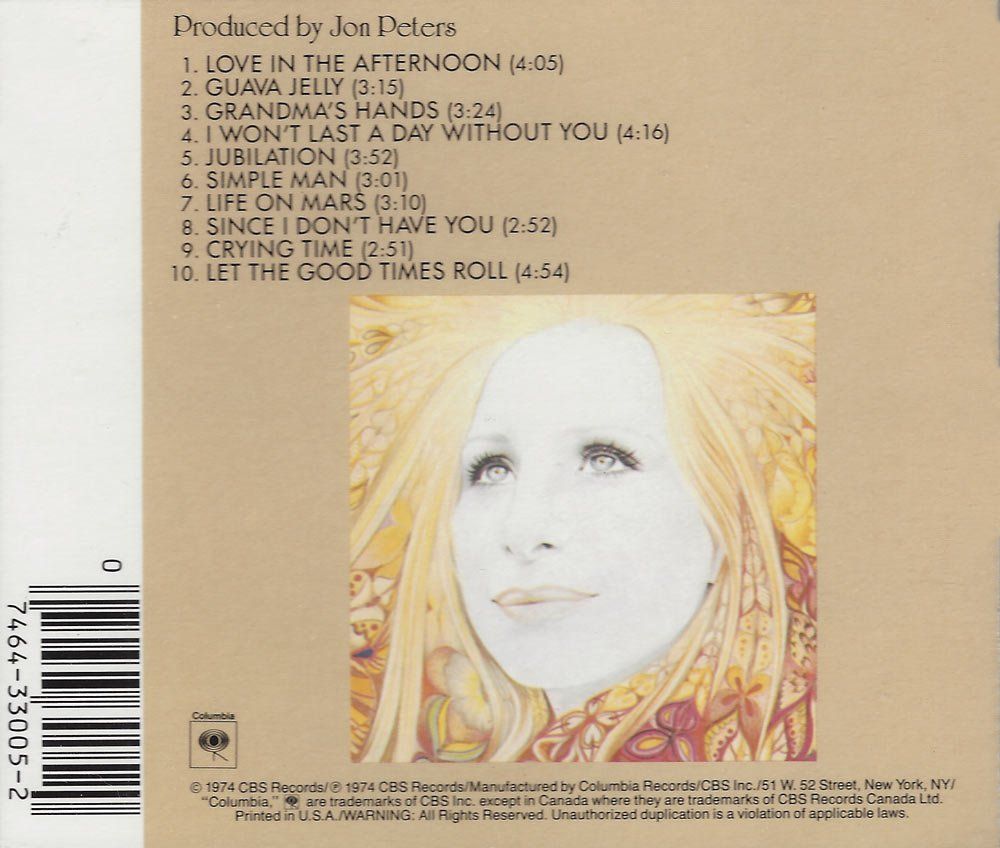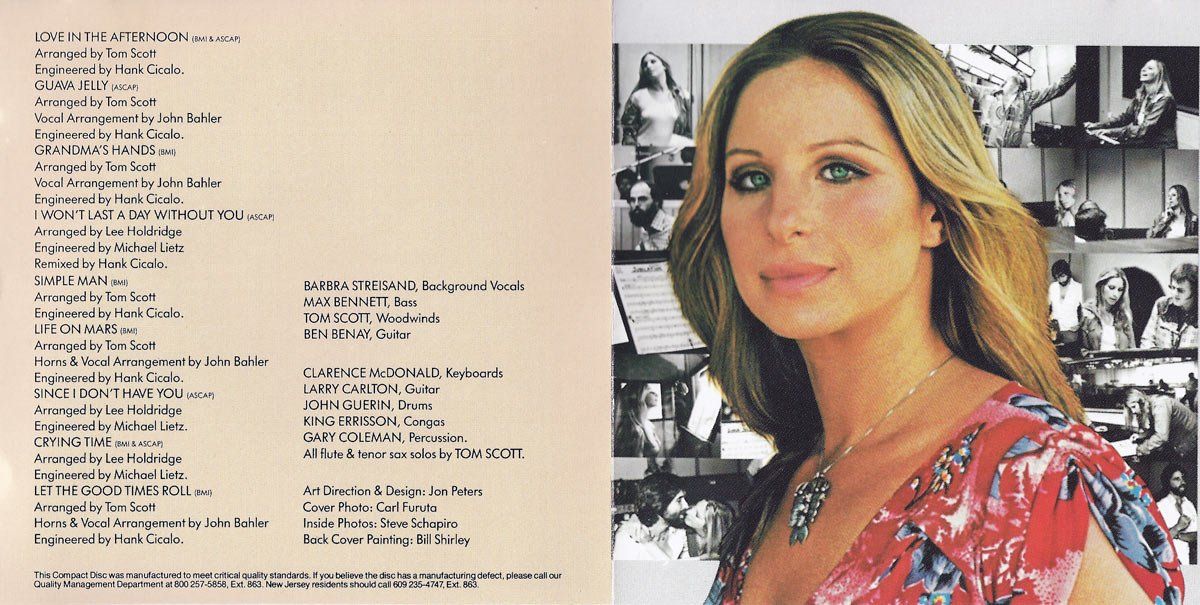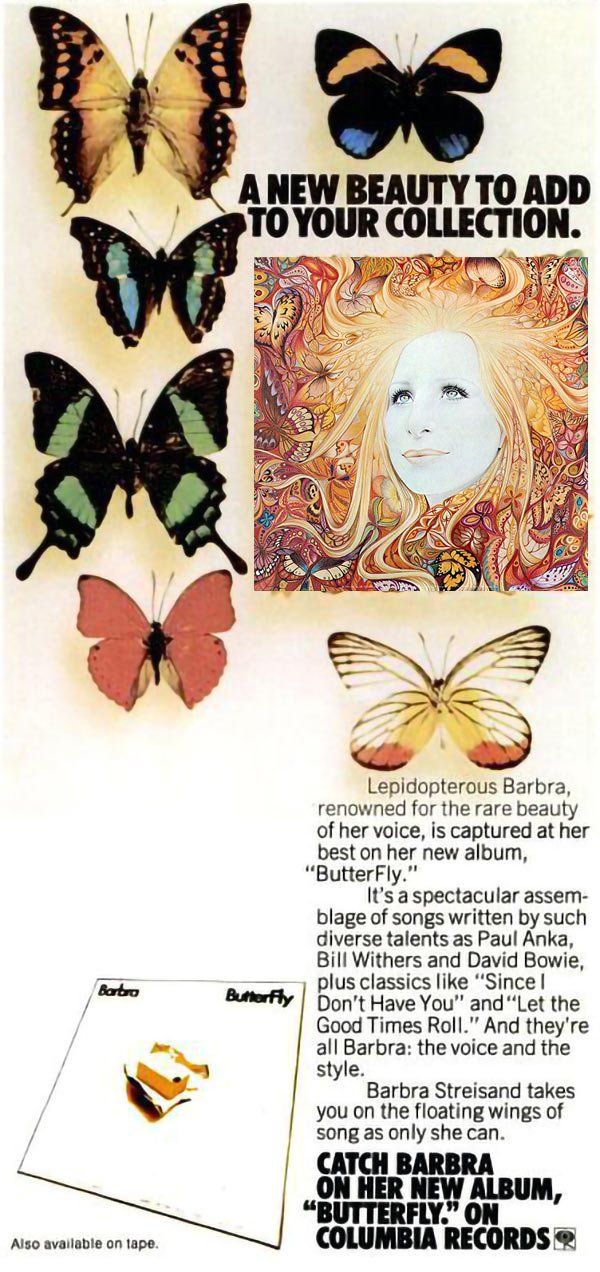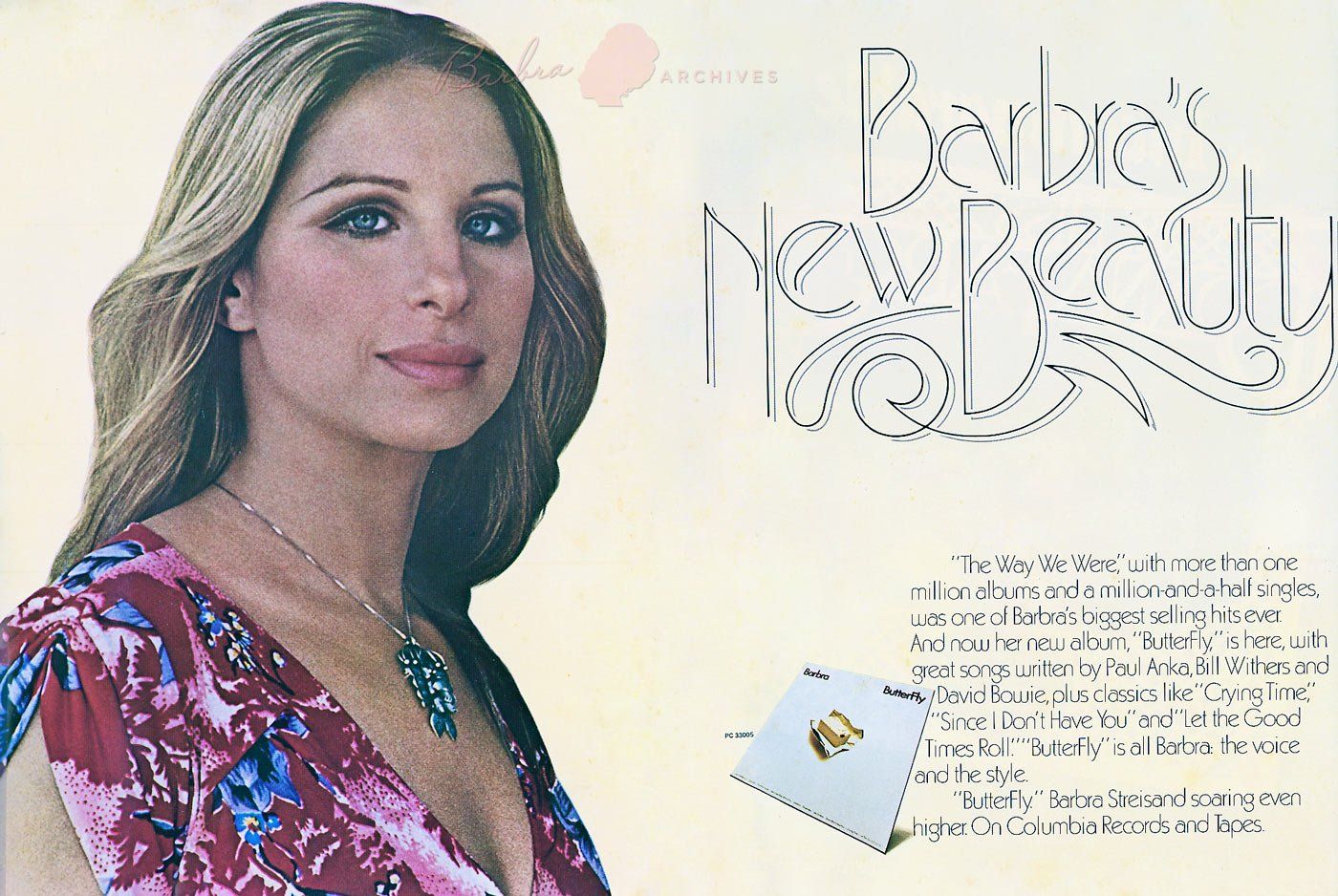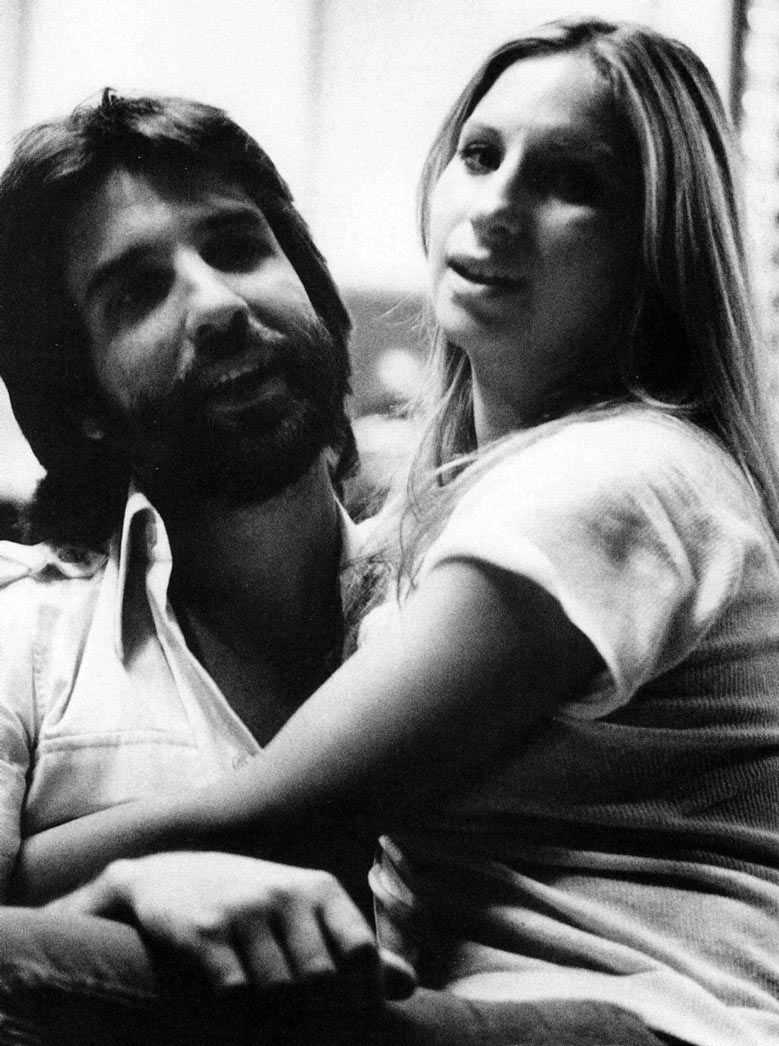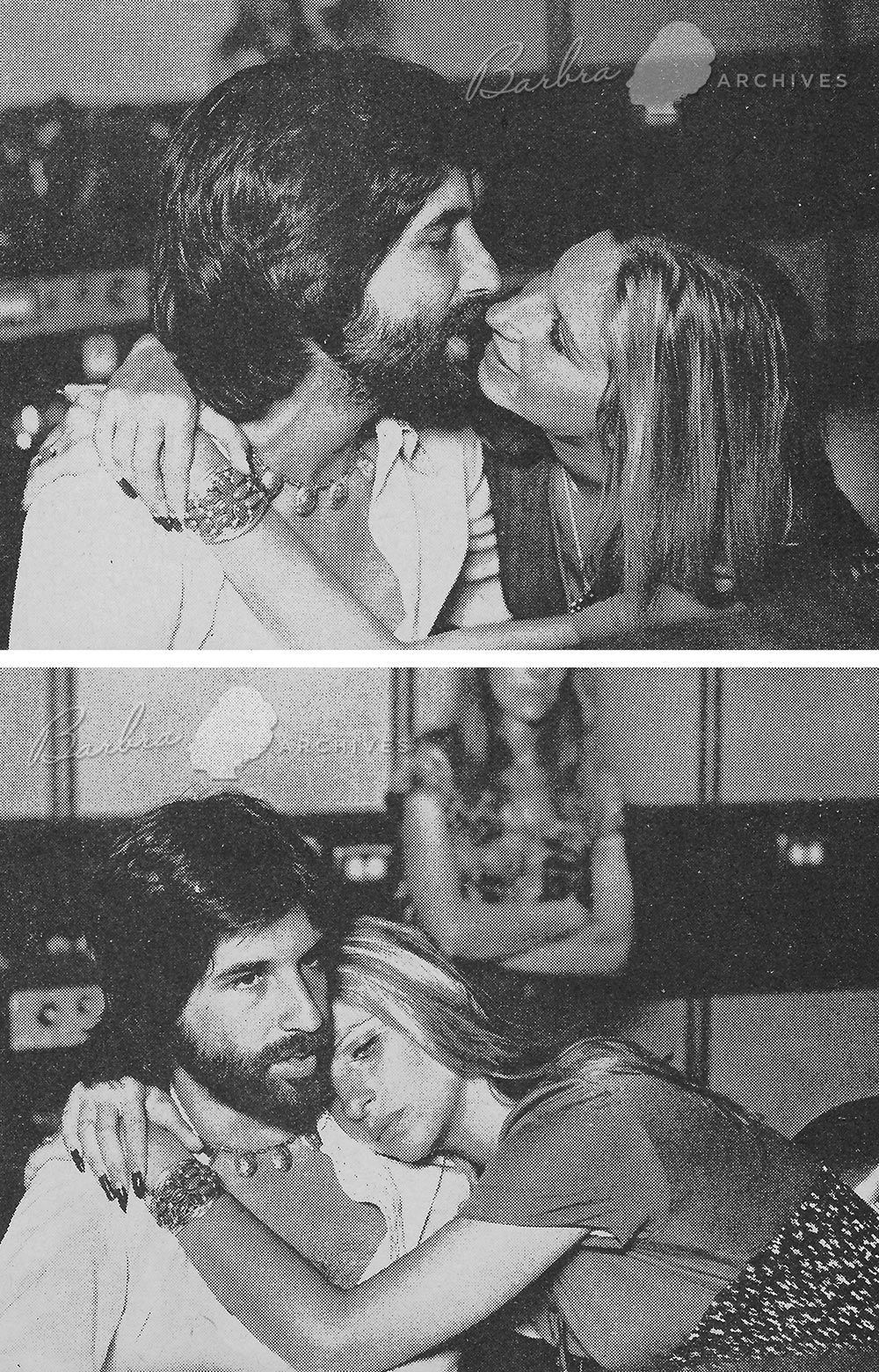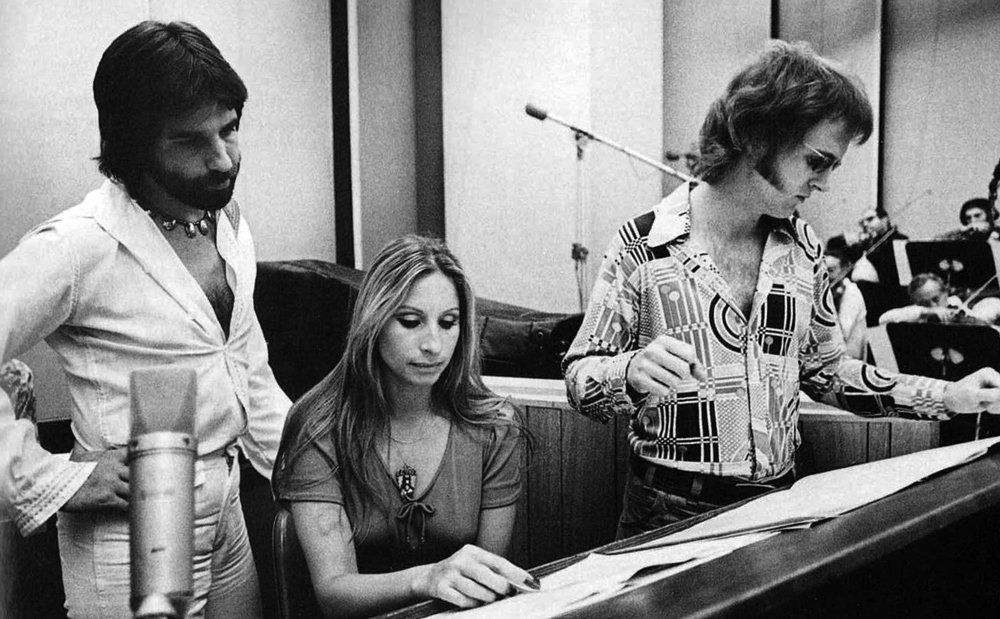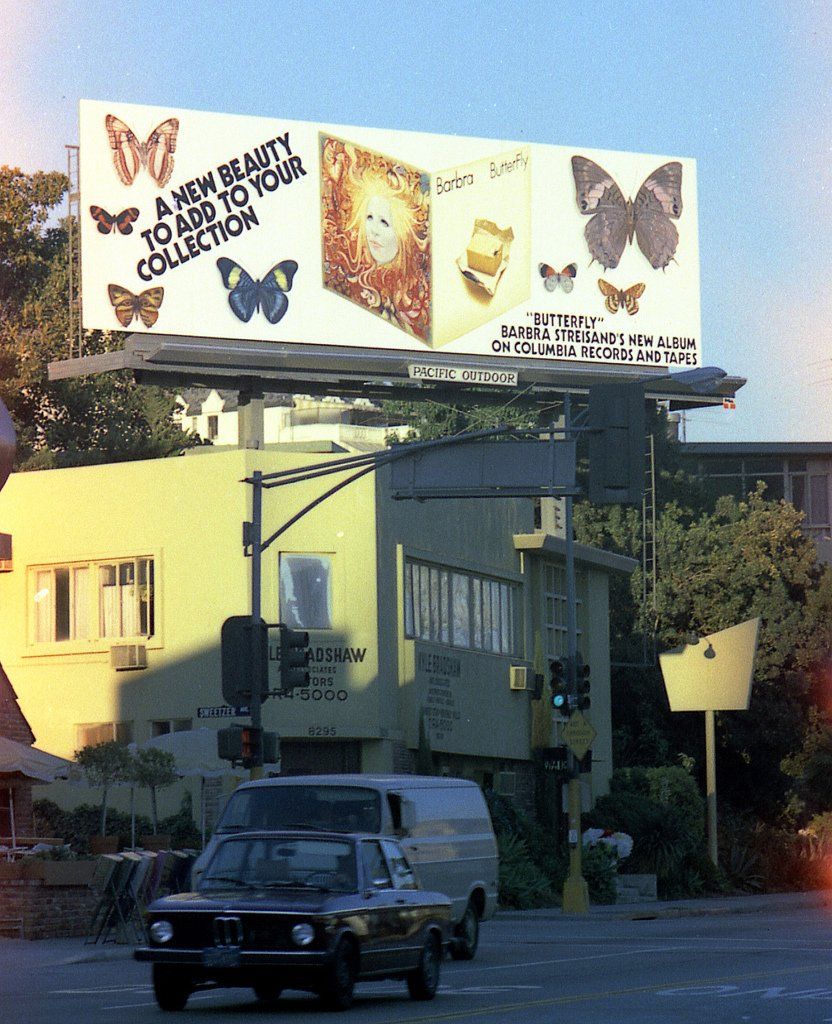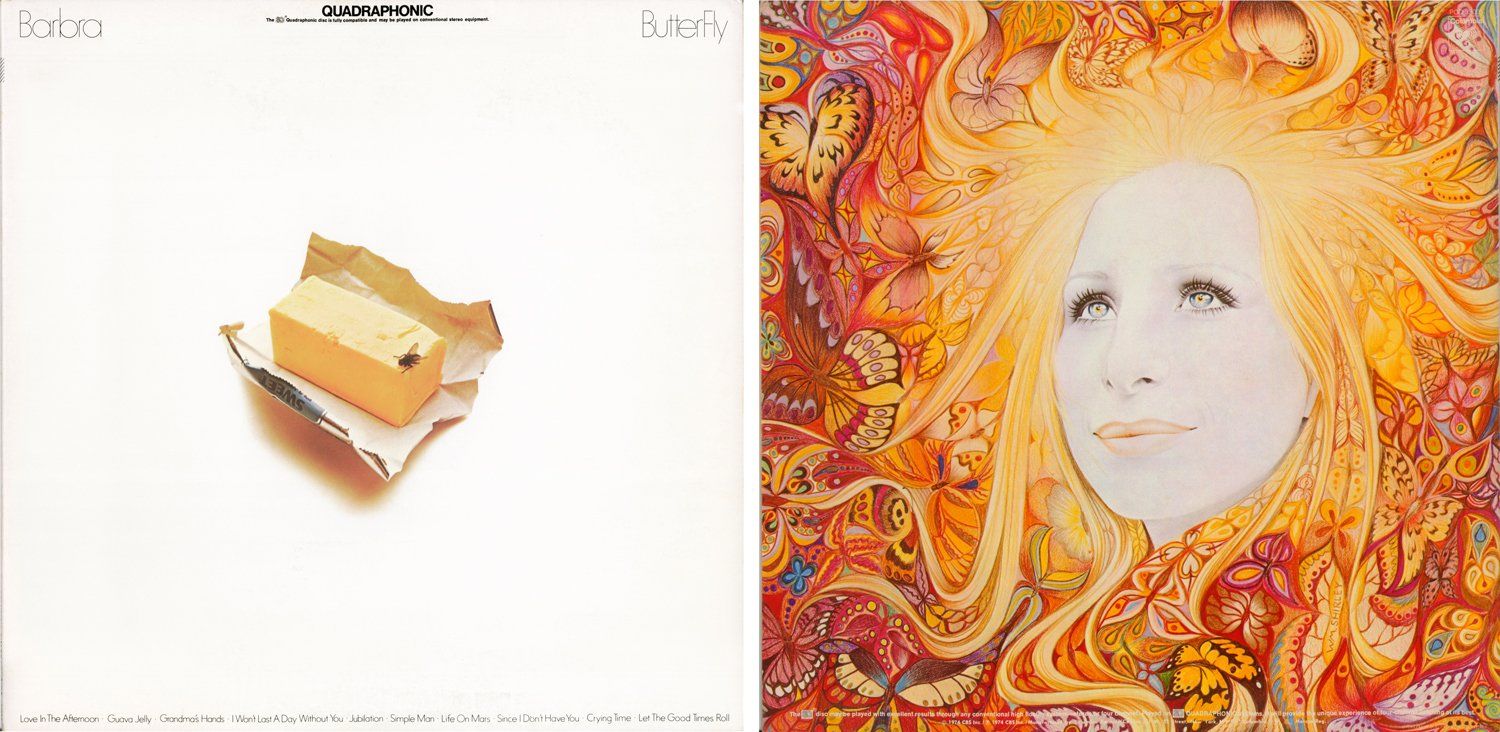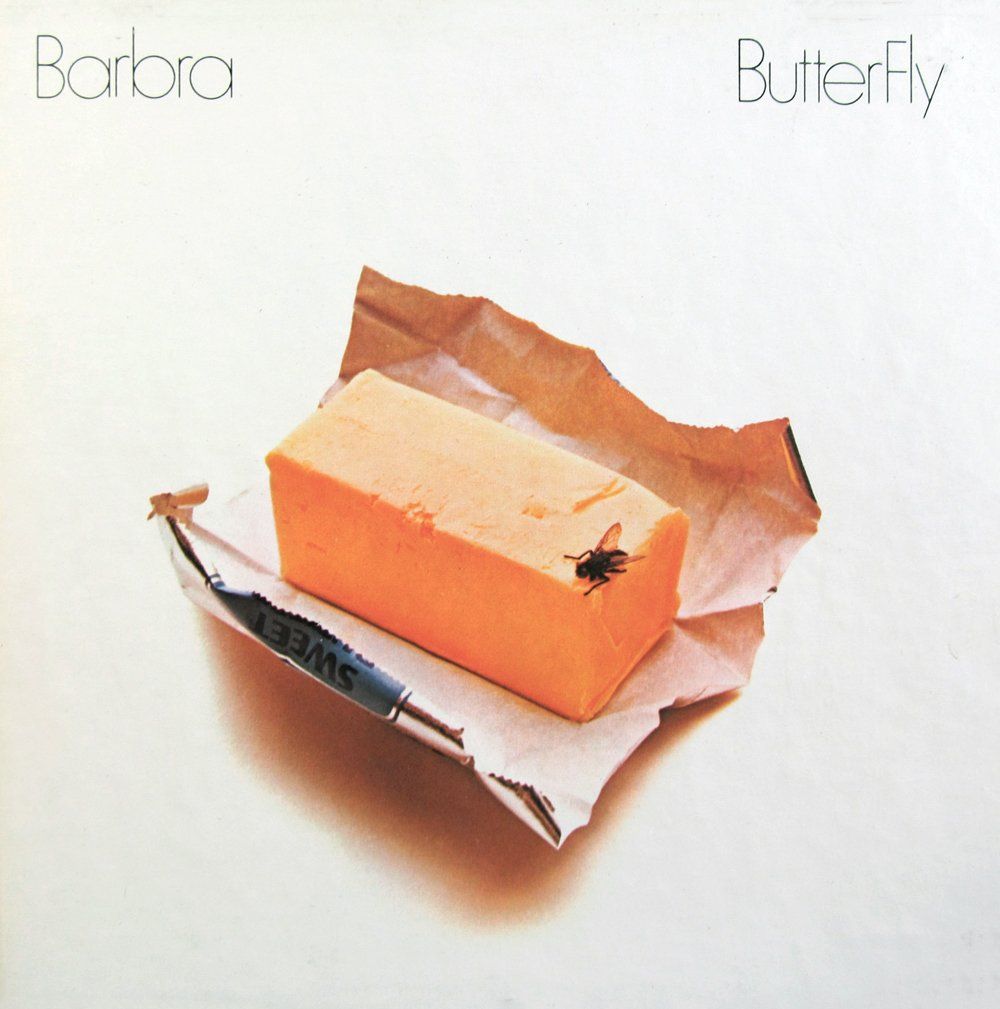Butterfly marked a change in Barbra Streisand’s career when the man she was dating – Jon Peters – began taking a bigger role in her recording and movie projects. Peters, in fact, produced Butterfly. And almost from the get-go, gossip columns and entertainment writers had an opinion.
Jon Peters, age 29, was a hairdresser who owned and ran three hair salons in Los Angeles with his uncle Adolf Pagano and business partner Paul Cantor. His $100,000 a week income and a client list that included Jacqueline Bisset and Anne Bancroft made him a successful man. Peters first met Barbra in August 1973 when she requested that he style a short wig that she would wear in her movie, For Pete’s Sake. Jon, separated from wife Leslie Ann Warren (and soon divorced from her), began dating Streisand. As love blossomed, Peters and Streisand were spotted together often in public in 1974.
Then in June of 1974, newspapers reported that “Jon Peters will produce the new Barbra Streisand album scheduled for a September release. The album, which will include several songs of the ‘50s, will also feature a cover designed by Peters.”
Barbra told Aaron Gold she originally suggested a list of show tunes for the new album that “no one was particularly thrilled about.” Then she and Jon selected new material that they worked on for the next several months.
The first selection of songs chosen did not materialize into usable tracks: “You Light Up My Life” by Carole King; an R&B song called “Type Thang,” written by Isaac Hayes for the movie Shaft’s Big Score; “On Broadway” by the songwriting team of Jerry Leiber and Mike Stoller (which was a big hit for George Benson); and “Everything Must Change” by Benard Ighner Benard.
Later, Streisand recorded Ighner’s song for her 1997 album, Higher Ground. And the studio version of “You Light Up My Life” finally surfaced on Barbra’s 2021 album, Release Me 2.
The rest of the album sessions took place in March and July 1974.

